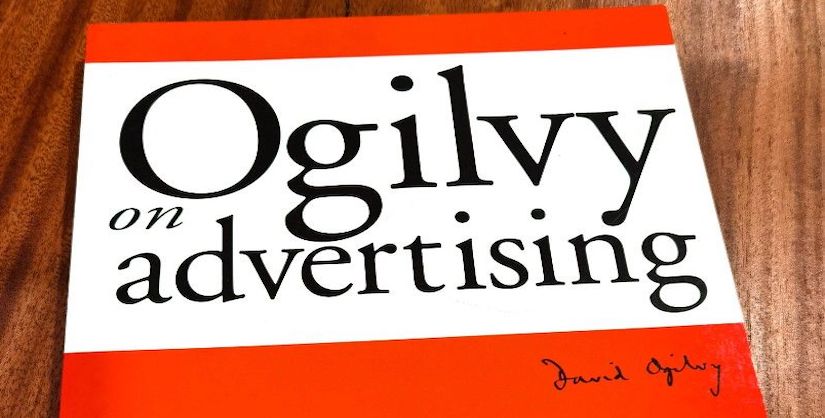David Ogilvy was a pioneer in marketing and advertising, and his advice is still relevant today. He was one of the first people to recognise the importance of creativity and research in advertising. He also pioneered the use of long-form copy and storytelling in advertising campaigns. He said of copywriting:
"Advertising is not a science. It is a craft. It is an art."
Here are some of his timeless lessons for copywriters.
Do your homework
The more you know about your product or service, the better equipped you will be to write compelling copy. This means understanding the features and benefits of your product or service, as well as the needs and wants of your target audience.
Focus on benefits
Ogilvy was a master of persuasion. To expand on the above – what problems does your product or service solve? What needs does it meet? Your copy should focus on these benefits, not just on the features of your product or service.
Write compelling headlines
Your headline is the first thing people will see, so make sure it's attention-grabbing and informative. It should accurately reflect the content of your copy, and it should make people want to learn more.
Write lengthy and informative copy
People are willing to read long copy, especially if it is well-written and informative. Don't be afraid to take the time to explain your product or service in detail, and to answer any questions that your customers may have.
Grab attention in your introductory paragraph
Your introductory paragraph is your chance to hook your readers and make them want to read more. Start with a strong statement or question, or tell a story to capture their attention.
Play it straight
Don't try to trick or manipulate your readers. Be honest and straightforward with them. They will appreciate your honesty, and they will be more likely to trust you and your product or service.
Be specific
Use concrete numbers, meaningful phrases, and precise details to make your copy more believable and persuasive. For example, instead of saying "Our product is the best," say "Our product has been shown to increase sales by 20%."
Write as your reader talks
Use the language that your customers use in everyday conversation. Avoid using jargon or technical terms that your customers may not understand.
Create content that educates the reader
Your content should teach your readers something new and valuable. This could be information about your product or service, or it could be information about a related topic. By educating your readers, you are positioning yourself as an expert in your field, and you are building trust with your audience.
Want to write snappier copy that builds trust and drives conversion? Try Readable for free.
Bonus tips
Here are some more tips from Ogilvy that are still relevant in today’s marketing landscape:
- Use visuals. Visuals can help to capture attention and make your content more engaging.
- Tell stories. People love stories, so use them in your copy to connect with your audience on an emotional level.
- Make it easy to take action. Tell your readers what you want them to do, and make it easy for them to do it.
Ogilvy's advice is timeless because it is based on fundamental principles of human psychology. By following his advice, you can write copy that is more persuasive and effective.


